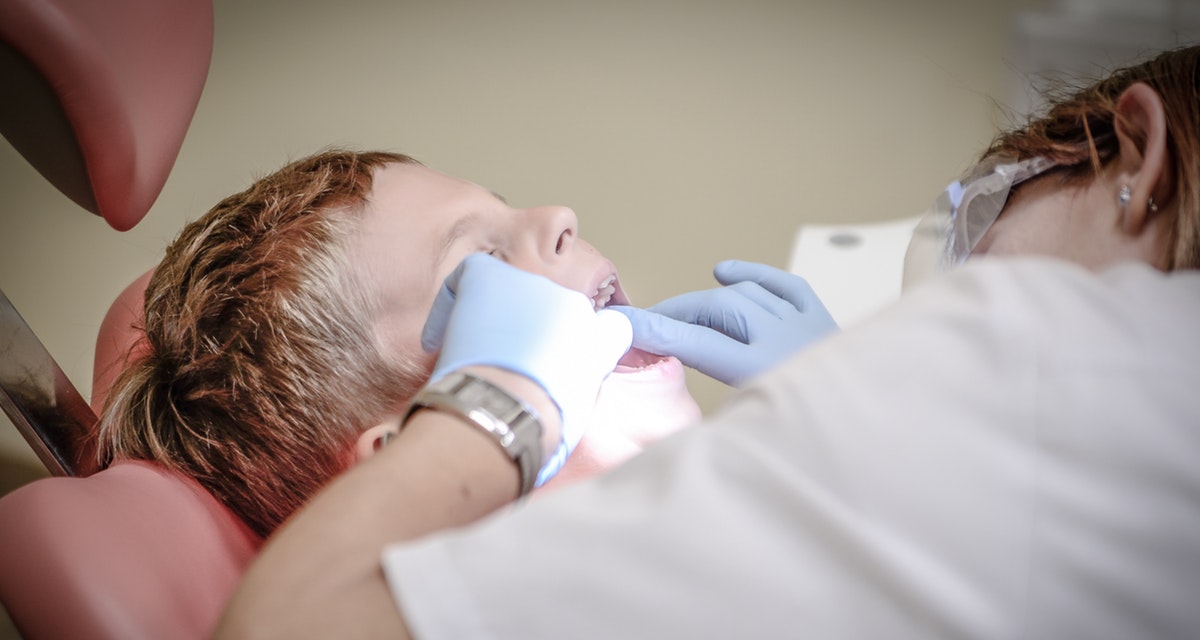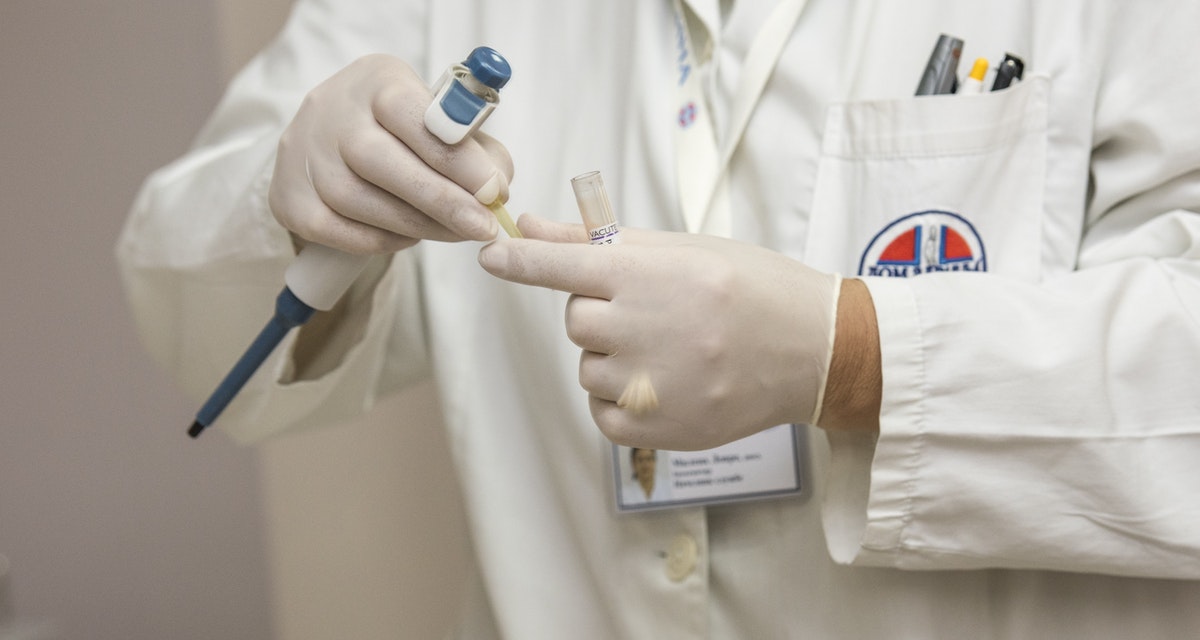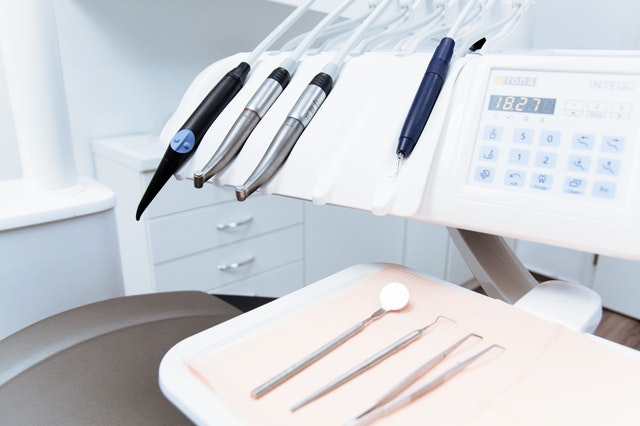
It’s not uncommon for you to ask about a dental hygienist salary before you decide to pursue this career. Making an affordable living while also doing work you love is important, which is why you want to understand what a dental hygienist is, what the job duties entail, and what you can expect to earn from a dental hygienist salary. It’s a professional position that requires a specific set of skills, education, training, and it’s a reputable career field in which to take part.
A dental hygienist is someone you see regularly if you visit the dentist twice a year. A hygienist is the person you see who helps you prevent and treat oral health problems. Your hygienist is the person who plays a leadership role on most dental teams to help the dentist focus on more advanced procedures. A dental hygienist works independently of the dentist in the office, and you might not be aware the person who is cleaning your teeth is not a licensed dentist.
Duties of a Dental Hygienist
The American Dental Association recognizes a long list of job duties for a dental hygienist. The actual job a hygienist does depends on the dental office in which you work, the expectations your boss has, and the state in which you live because of licensing regulations. Many hygienists perform an in-depth list of duties while in the office working with patients.

Patient screenings
Oral health assessments
Oral health history review
Oral cancer screenings
Documentation and office management
Applying preventative materials such as fluorides and sealants to patient teeth
Educating patients on good nutrition and oral hygiene practices
Impressions for study casts
Taking and developing dental radiographs
Remove plaque from teeth
In some states, dental hygienists are permitted to perform more intricate duties. If you work as a hygienist in Arizona, your job duties might include performing x-rays, providing topical anesthesia, and providing pit and fissure sealants besides performing prophylaxis if you are under the direct supervision of a licensed dentist.
If you work in Georgia, you cannot do any of the same tasks as a hygienist in Arizona. In California, hygienists need less supervision to perform more intricate duties. You must check with state licensing requirements before becoming licensed in your state if you want more duties.
Education Requirements
The role of a dental hygienist is not one you can apply for without the correct education, license, and certifications. Every state has its own set of requirements for a dental hygienist to meet, but they are largely the same in terms of education and licensing requirements.
You are not required to obtain a Bachelors Degree to work as a dental hygienist, but it is recommended. An Associate Degree is the minimum state requirement in all 50 states. If you choose to go to college for the full four years, it helps your resume and your job prospects when you graduate. Your associates takes approximately two years to complete, and it must be completed by taking the specific courses required by your college for a degree.

Almost every state requires dental hygienists to go through a dental hygiene program at an accredited university. Check your state requirements to find out if you live or work in a state that requires this or if you can take the state exam without going through this course.
A Bachelors Degree and/or Masters Degree is not required to work as a dental hygienist, but it’s recommended you complete at least a four-year college education before you take your licensure exam. Without this degree, your job duties and advancement opportunities are limited. With a Bachelors Degree in hygiene, you can advance your career, make more money, and you have more options. With a Master’s Degree, you can teach dental hygiene and further advance your career in the dental field.
State Examination
Once you are ready to get your dental hygiene license, you must sit for a state examination. This exam cannot be taken in most states until you complete the post-secondary coursework from a dental hygiene program. The test is called the National Board Dental Hygiene Examination, and a passing score is needed to get a license to work in any state. The exam is a written exam, and it’s issued by the American Dental Association. Once you take this exam, you must sit for a state clinical board examination to get your license.
Dental Hygienist Salary Information
The average dental hygienist salary is $72,049 annually. This figure is calculated using the lowest and highest average dental hygienist salary information in the United States. A dental hygienist salary on the low end is approximately $61,000 per year, and the average salary on the high end is around $82,000.
The Bureau of Labor Statistics cites the highest paid dental hygienists are those who work in a home health care services position. However, dental office jobs are the most popular and the most widely available. Where you live, who you work for, and what your job duties play a large part in how much you earn as a dental hygienist.

Location
If you live and work as a dental hygienist in Alaska, you are more likely to earn a larger salary than anywhere else. The average dental hygienist salary in Alaska is $107,000 per year. California is the second highest-paying state for hygienists with an average dental hygienist salary of $97,000, and those who work in Washington State are paid third highest with an annual salary of approximately $91,000. The lowest paid hygienists are often found in Alabama where the average annual income for a hygienist is only $46,000.
Education
The biggest factor in determining a dental hygienist salary in any state is your education. You are going to receive less money if you have an associate degree than if you get your bachelor's degree. If you obtain your Master's degree, you have a chance to earn even more as a hygienist. When you hold a B.A. in hygiene, you can take on a role as an office manager in addition to your role as a hygienist which pays significantly more. There is more advancement with B.A., and it helps you move on in your career. You have more options, more responsibilities, and you are more handsomely compensated for the additional role you play in a dental office.

With a Master’s Degree, you have even more options. Your career can take you to a college or accredited dental hygiene school where you have the ability to teach. Many hygienists work in offices during the day and teach classes at night, on the weekend, and even online as that is becoming a more popular way of earning. This guarantees you can earn a higher dental hygienist salary. Experience is another factor in determining your salary.
A brand-new hygienist does not earn as much as one who has been working for years in a dental office. The longer you work, the more you make. However, your education determines the earning potential you have as a hygienist.
Job Growth and Satisfaction
Dental hygiene is a large field with exponential growth. The field is expected to triple in terms of how many hygienists are needed throughout the country before 2026, which means job opportunities are abundant. In terms of career satisfaction, this is a good career field to choose for both income and balance. You have the option to work set hours without being on-call, and you get to help your patients live a healthier, happier life. It’s a satisfying job for those who want to earn a good living without spending years in school to become a dentist.
Conclusion
Working as a dental hygienist is a respectable career. Oral health care is imperative because it plays a significant role in the overall health of your body. Maintaining good oral health reduces your risk of facing health issues such as cardiovascular disease and diabetes among many others in the future. The mouth is the gateway to your body and keeping it clean and healthy is the best way to prevent health issues from occurring.
As a dental hygienist, your job is to help your patients learn the proper way to care for their teeth, to diagnose and treat health issues, and to provide confidence to your patients by helping them improve their smiles. It takes approximately two years to become a hygienist, and you can advance your career as you advance your education.
It’s a job that pays well, doesn’t take much time to begin, and it’s one that is growing quickly across the country. Job security and growth are on the rise which means you can determine a profitable and successful future in a career field that's widely regarded and respected.
Leave a Reply